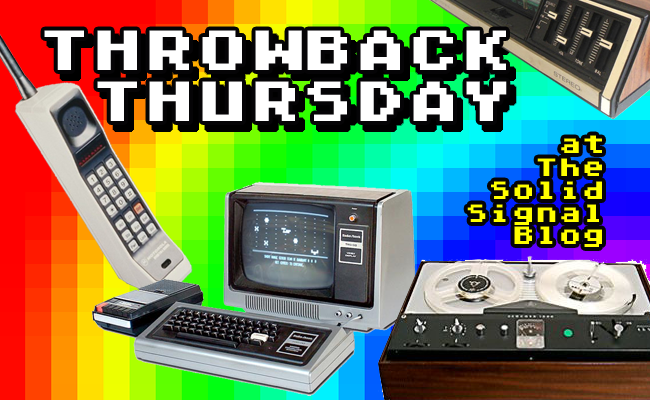OK I didn’t go that far. But in an editorial from back in 2015, I asked, “Teens and screens: is the romance over?” I made the argument that Zoomers (who weren’t yet called that) didn’t even have enough of an attention span to watch a 22-minute sitcom. That fact could, I argued, have dire consequences for all forms of traditional television production.
Vine, Tiktok, and Quibi
Back then, shortform entertainment came to the masses in the form of “Vines.” For those who have forgotten, Vine was a social media platform which strictly limited posts to seven seconds. The emergence of such a challenging form led to a burst of creativity, but Vine as a platform wilted quickly and was shut down in 2017.
In its place, TikTok has arisen as a way to share shortform video, and Instagram and Facebook added “stories” which seek to fill the same slot. The idea is that you boil something down to its essence, creating a moving meme, and then share it out. It’s worked so well that TikTok went from being largely unknown by anyone over 12 to a global sensation that some consider a threat.
And then, there’s Quibi. Quibi is an attempt to capitalize on the same trend toward shorter content. Breaking scripted TV into extremely “QUIck BItes” (that’s where the name came from) isn’t new. Broadcast media has put commercial breaks in for close to 100 years. The difference is that Quibi’s programming tries to create entire narratives that can be consumed in six minutes.
The winners and the losers
As I write this, it’s a little too early to say that there are any winners here. Vine is long gone. TikTok has been under attack by the government. They claim that the company allows for a direct line between people’s private information and a foreign government. At one point the service was to shut down here in the US; as I write this the end of that story’s yet unwritten.
Quibi was launched by investors with deep pockets. It came at a moment when people stopped relying on their phones and started camping out on the couch. It’s too early to see if Quibi will catch on, but for now it’s a joke; something that savvy techies sneer at. That could change if the service ever gains enough momentum to have a “must-watch” program. Or, Quibi could simply land on the tech scrap heap along with Vine, Quikster, and LimeWire. Time will tell.
Getting into the Zoomers’ minds
Generation Z, also known as the Zoomers, were born between roughly 1996 and 2012. They aren’t the largest generation. That honor still belongs to Millennials. They’re not even as big as the Baby Boom generation, although that generation is losing members a bit more aggressively due to age.
The Zoomers are a bit more like their largely forgotten Generation X predecessors. They prefer snark to earnestness, cynicism to activism. They’re the future, though. Given the average age of the people who read this blog, there’s a good chance that once you retire, your doctor will be a Zoomer. They need to be taken seriously.
Zoomers are multitaskers, and they’re impatient. Unlike their older brothers, aunts, and uncles, they don’t necessarily want to change the world. But they do insist the world change, and if you want to reach them, you have to change too.
To some degree, Vine, TikTok, and Quibi are trying to do just that. They’re trying to cater to the Zoomer’s need to interact on their own terms and in their own time. Since Zoomers have less free time than the children of practically any generation since the early 20th century, that interaction has to be short. Hopefully, it can also be meaningful.
Oh, and if you’re reading this and say you’re a Zoomer, I say “prove it.” This article’s way too long for most of you all to read.


